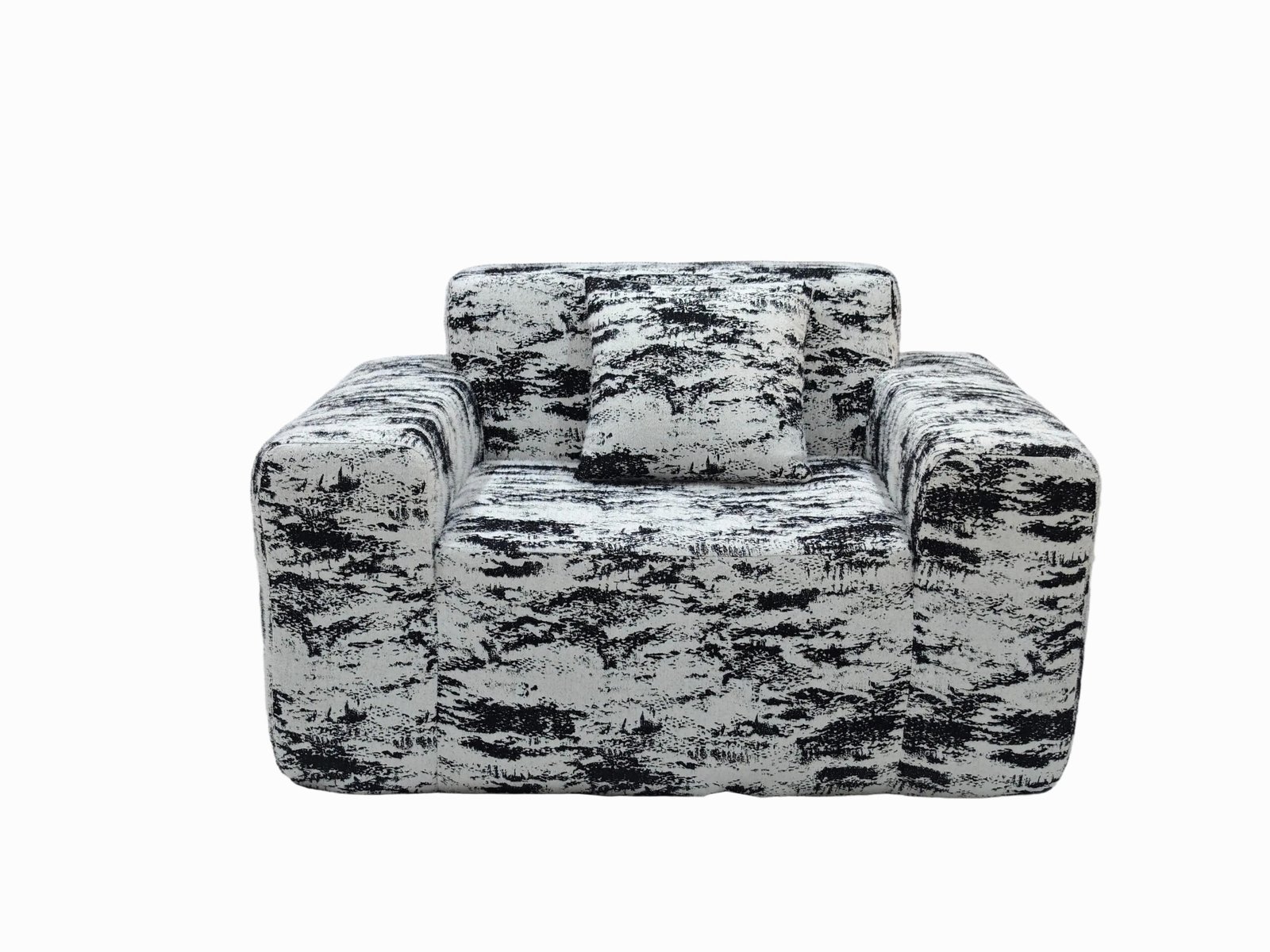
Picking the wrong supplier could mean delays, low-quality sofas, or even lost customers.
A reliable compressed sofa supplier in 2025 should offer certified quality, transparent pricing, fast logistics, excellent communication, and the ability to customize to your market.
Let me break down the exact things I look for when evaluating suppliers for my own compressed sofa business—and what you should demand too.
Does the supplier have a strong reputation?
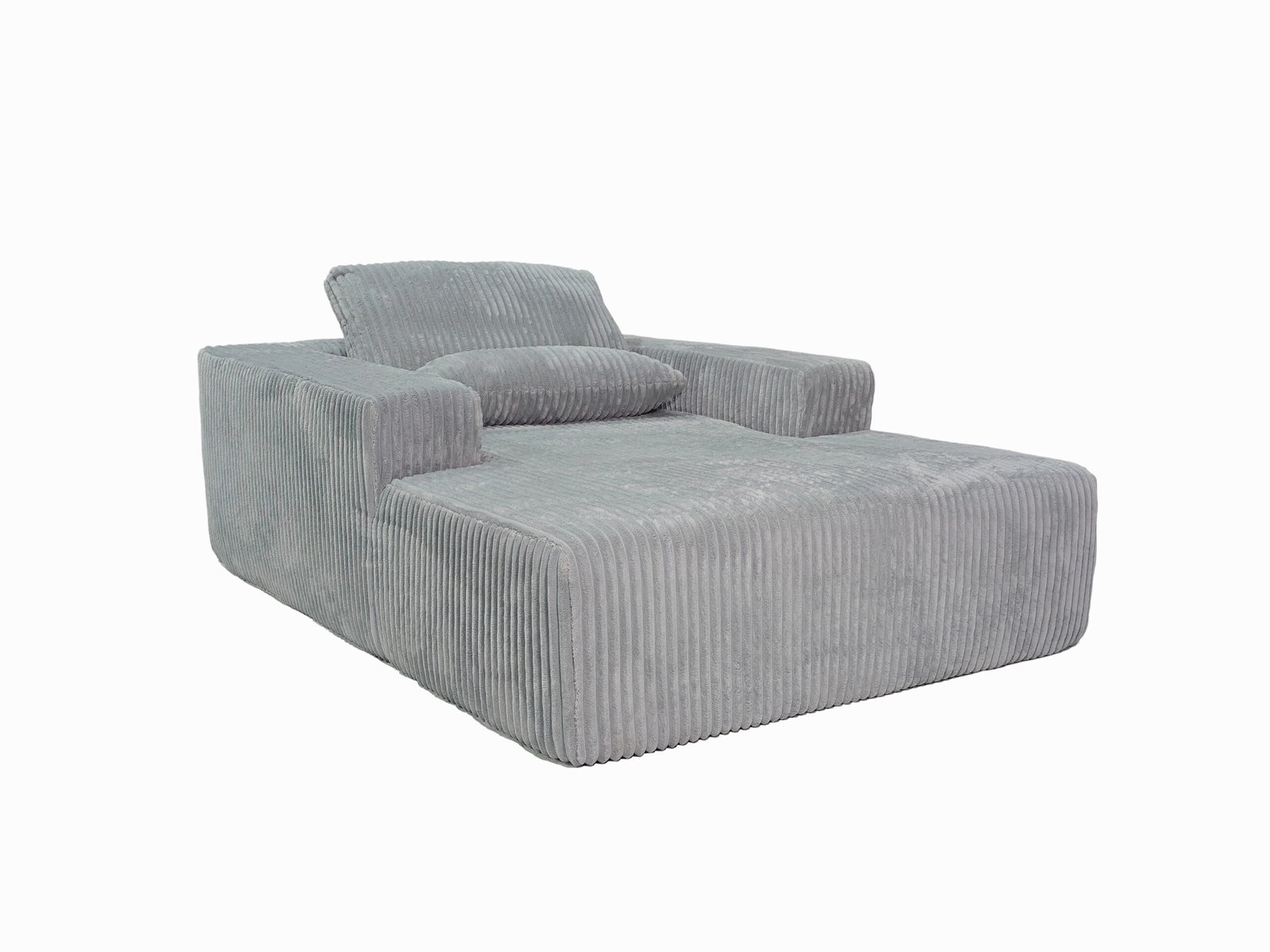
You don’t want to be the test subject for a new, unproven factory.
A reliable supplier has positive reviews, visible online presence, and consistent client references over time.
I always check:
- Verified reviews on Alibaba, Made-in-China, and Trustpilot
- Google reviews (if they operate internationally)
- LinkedIn business profiles
- References from at least 2 current clients
Bad signs include: deleted review pages, lack of factory photos, or evasive answers when asked for references.
Do they provide consistent product quality?
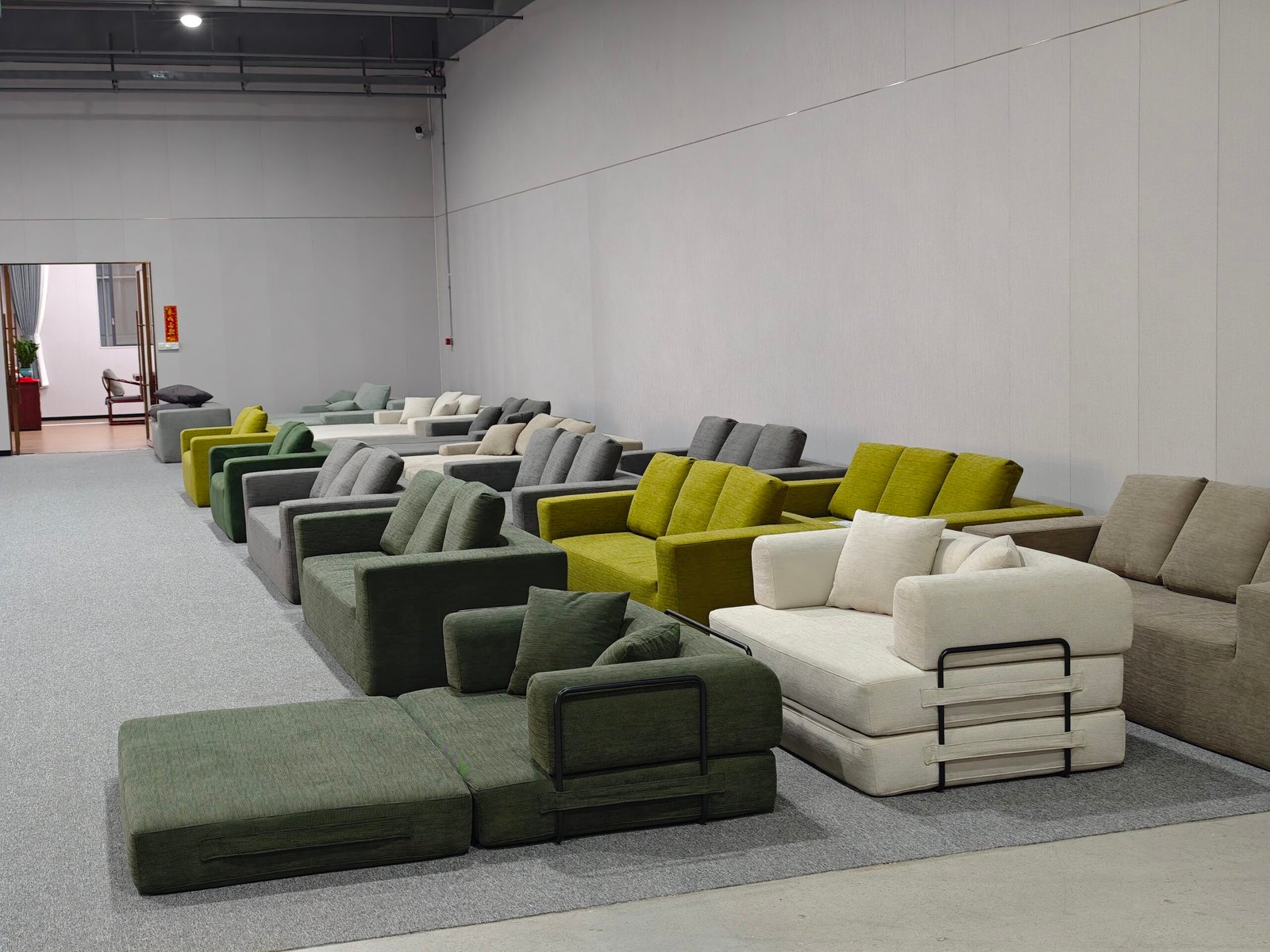
You don’t want sofas that sag, rip, or fail to decompress properly. I’ve learned this the hard way.
Reliable suppliers use consistent foam density, compression-friendly frames, and durable fabrics that pass stress tests.
What to ask for:
| Component | What to Check |
|---|---|
| Foam | ≥30kg/m³ for seat, ≥25kg/m³ for back |
| Springs | Pocket coils or sinuous springs; rust-free finish |
| Fabric | Non-wrinkle, breathable, stain-resistant |
| Frame | Kiln-dried hardwood or steel, not plywood only |
Always ask for a physical sample or video of the compression and recovery process. A good sofa should regain 95% of its shape within 24 hours.
Are they certified and compliant?
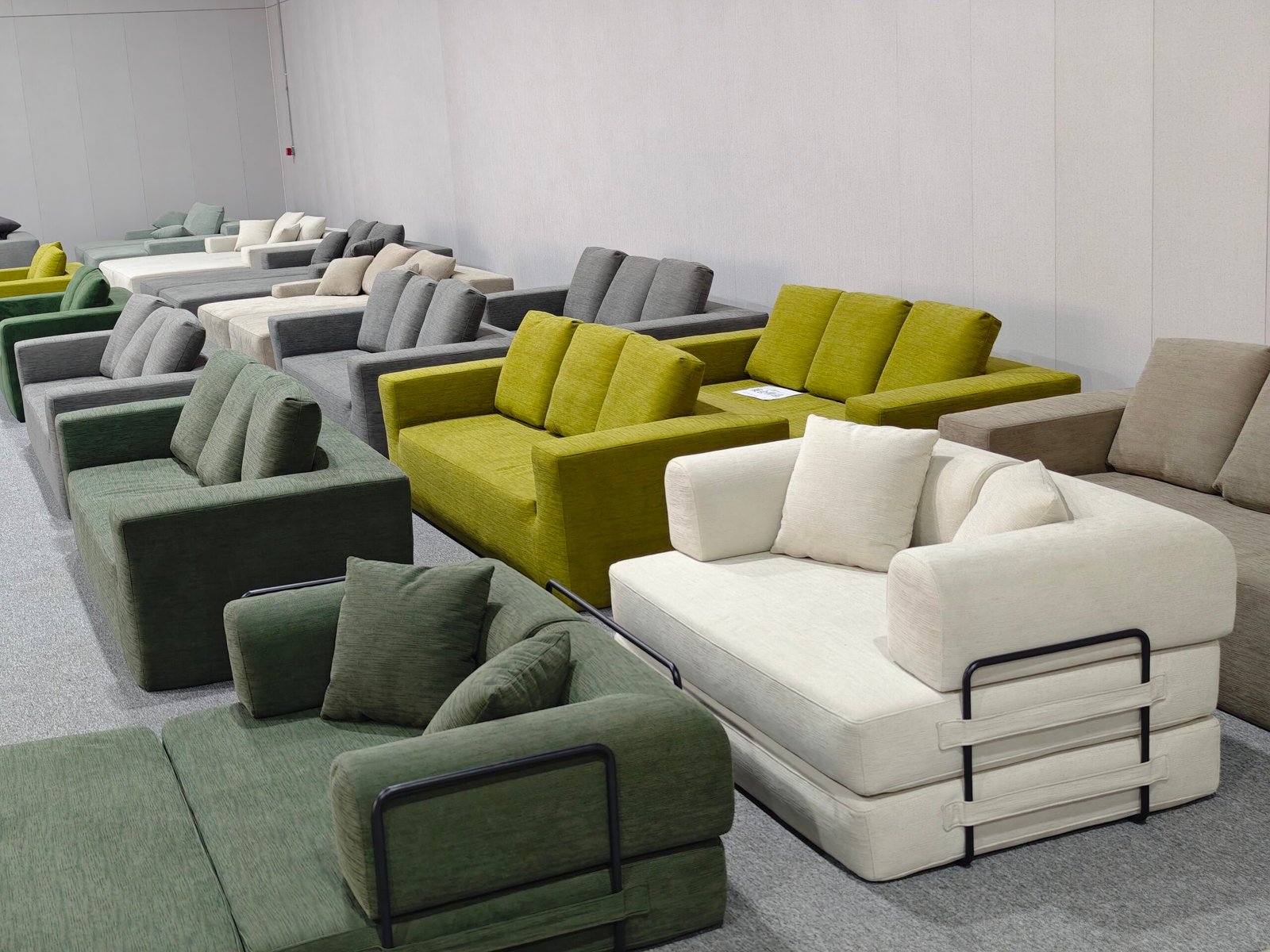
If your supplier can’t show basic certifications, walk away. It’s 2025—compliance is non-negotiable.
A reliable compressed sofa supplier should have ISO 9001, CE, FSC, or BSCI certifications.
Key Certifications:
| Certification | What It Proves |
|---|---|
| ISO 9001 | Factory quality control |
| CE | Safe for European markets |
| FSC | Environmentally responsible sourcing |
| BSCI/SEDEX | Ethical labor and manufacturing |
Don’t settle for scanned images—ask for certificate numbers and check their validity online.
Can they customize products for your market?
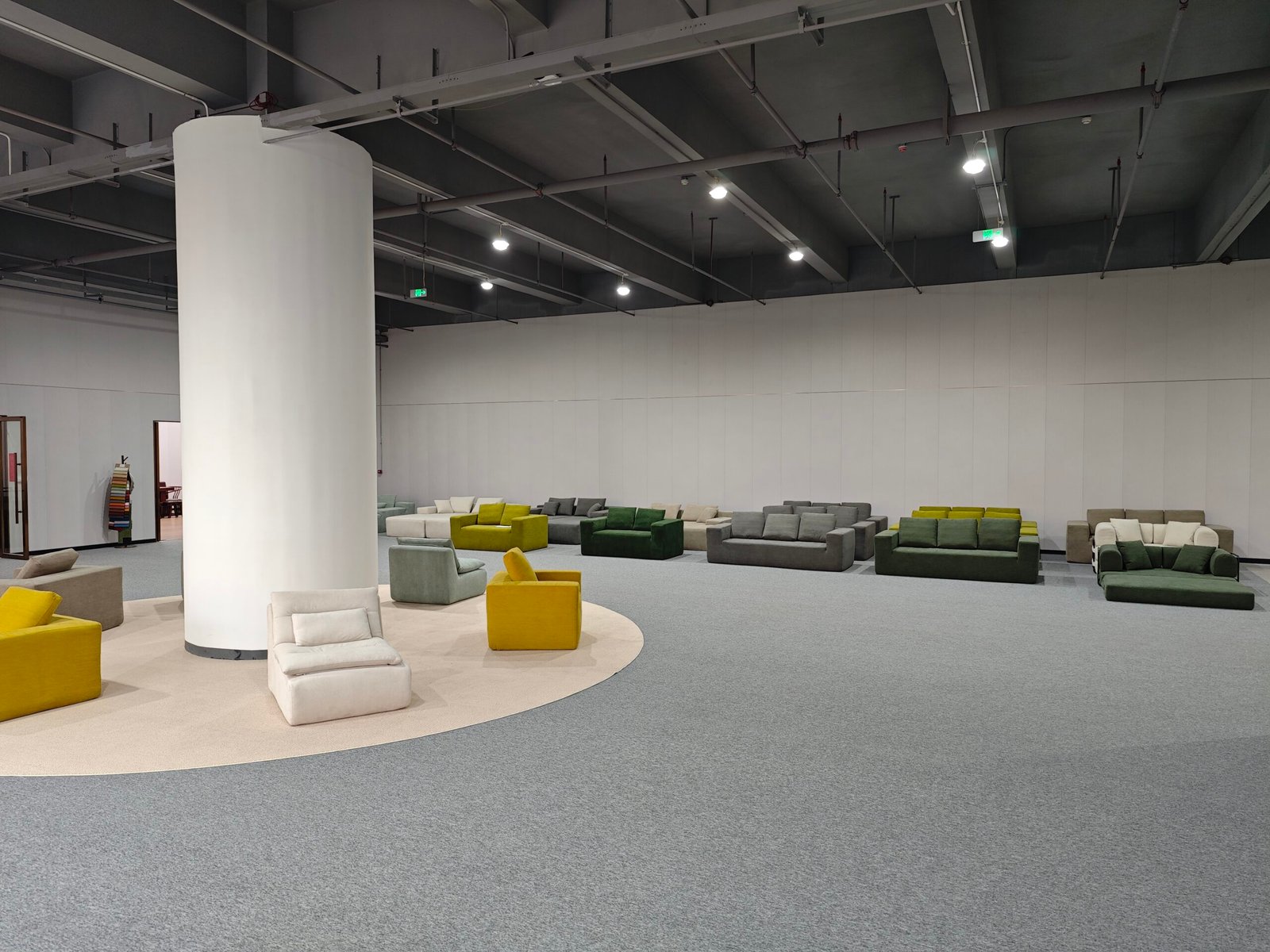
Every market has its style. North America loves modular. Europe loves minimalism. Asia loves multifunctional.
A reliable supplier can adjust size, fabric, packaging, and branding based on your needs.
Customization checklist:
- Fabric swatches (velvet, linen, microfiber, leatherette)
- Color range with Pantone code matching
- Modular options or armrest variations
- Logo print on cartons and tags
- QR code instructions or localized manuals
If a supplier can’t accommodate basic changes, they won’t grow with your business.
Are their prices fair and terms transparent?
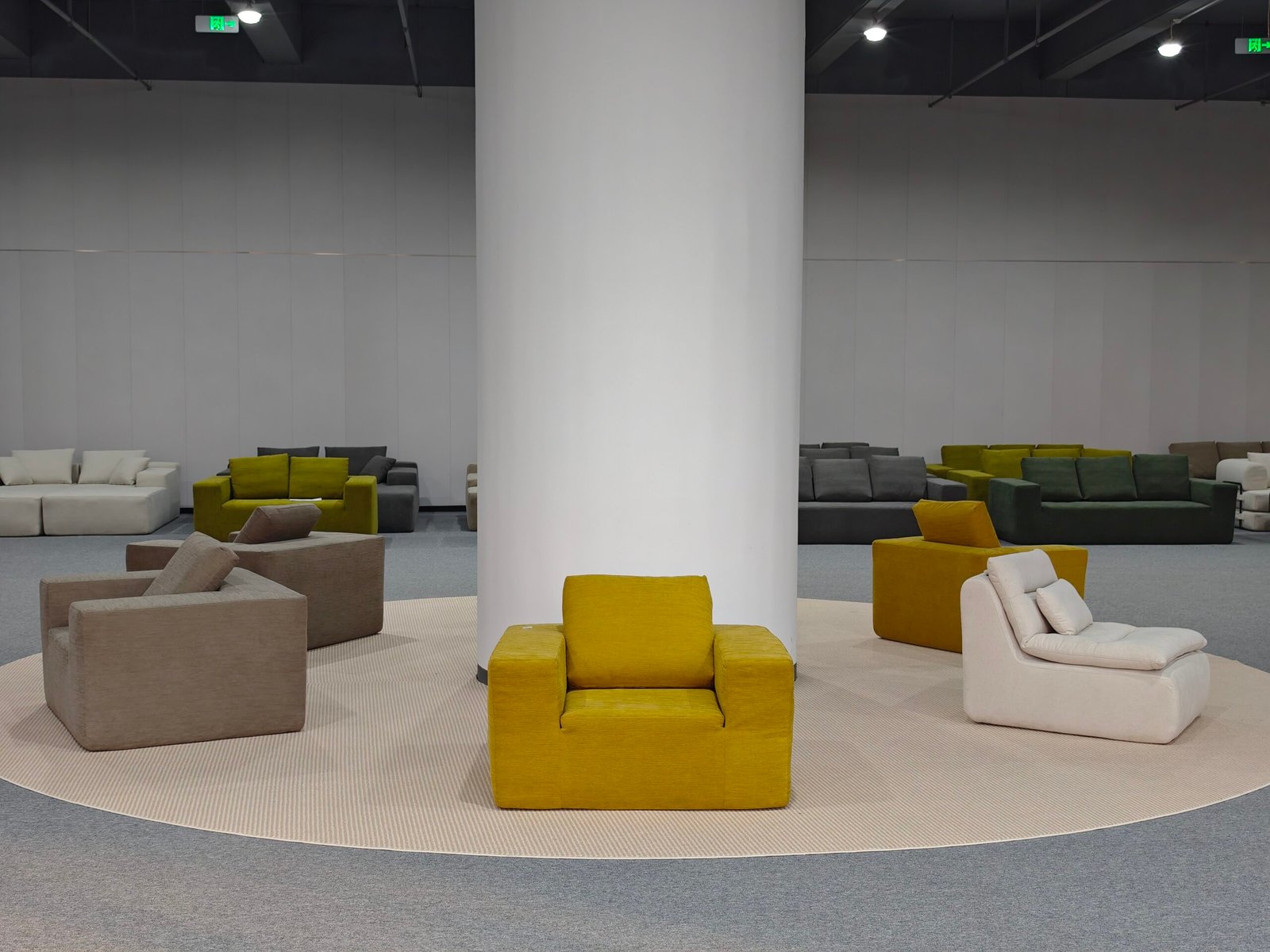
If the price looks too good to be true, it probably is. I’ve been burned by that lesson.
Reliable suppliers provide clear quotes, break down costs, and offer payment flexibility.
What I always request:
| Item | Ideal Practice |
|---|---|
| Unit Quote | Includes frame, foam, upholstery, packaging |
| Payment Terms | 30/70 or LC available |
| Bulk Discounts | ≥5% off for 100+ units |
| Packaging Fee | Broken out separately |
| Freight Estimates | DDP or FOB clearly defined |
Avoid any supplier who hides fees or delays final quotes until the last minute.
How fast and reliable is their delivery?
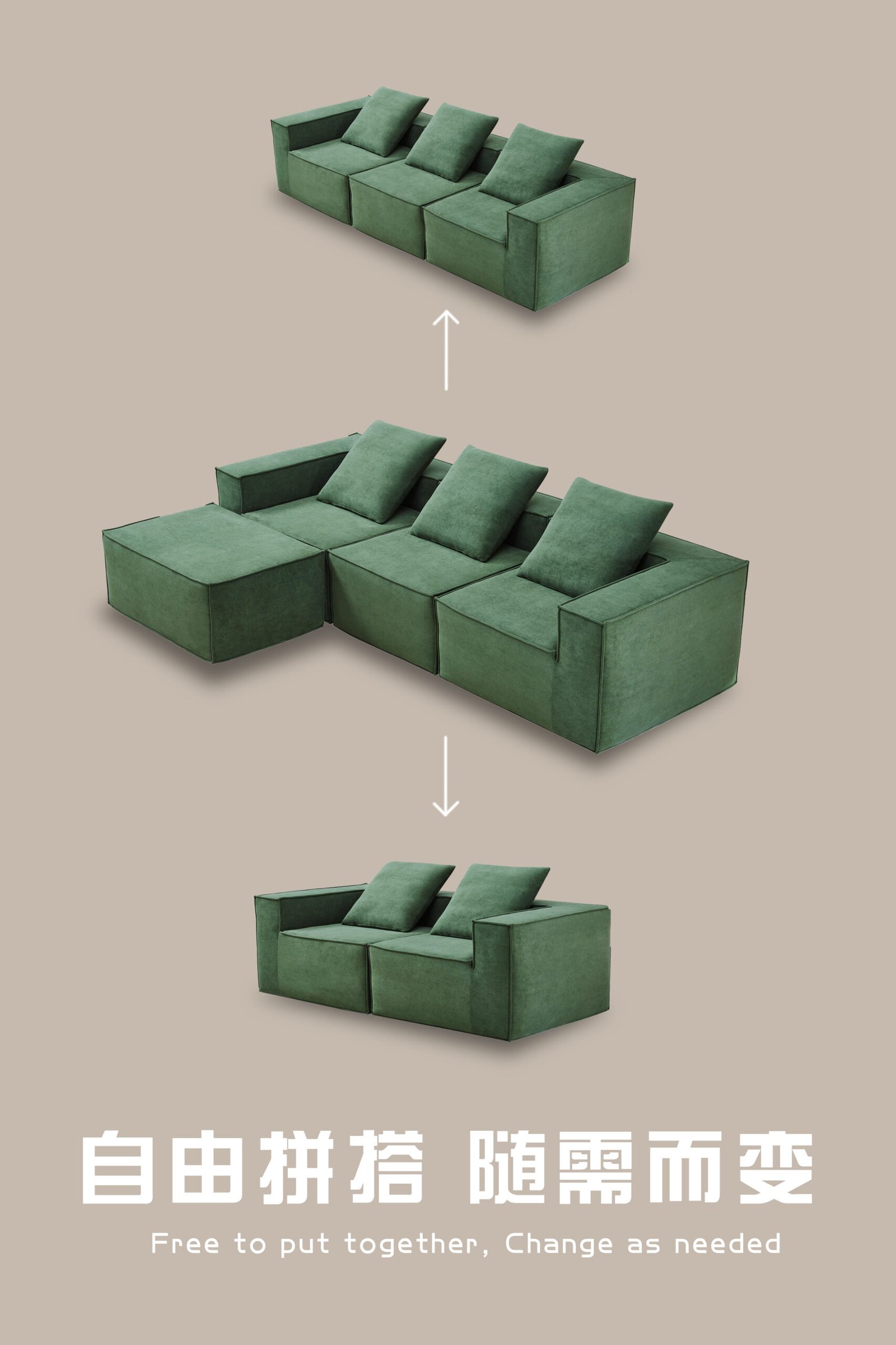
Logistics matter as much as manufacturing. A sofa that arrives late—or damaged—is a failed sale.
Choose a supplier with established export experience and warehouse coordination.
What to look for:
- Compression specs that maximize container load
- DDP, FCL/LCL options, or 3PL partnerships
- Ship-to-Amazon or local fulfillment capability
- 4-week or less lead times for repeats
Suppliers with in-house logistics teams or shipping dashboards (like ERP) offer better visibility.
Do they offer dependable customer service?
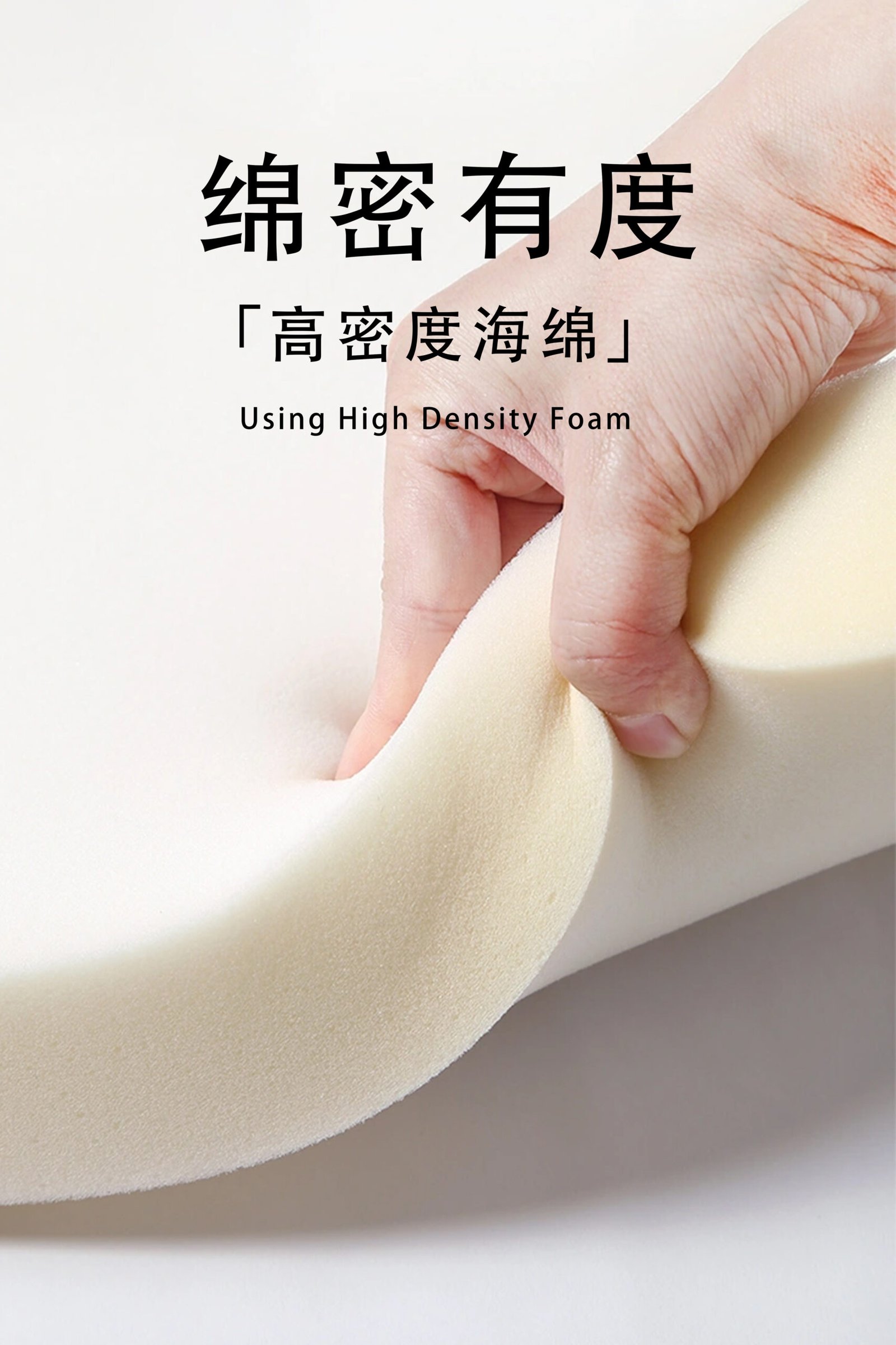
Great suppliers act like partners, not vendors.
A reliable compressed sofa supplier should assign you a dedicated contact, respond within 24 hours, and support post-sale problems.
Evaluate them on:
- Email/chat response speed
- Availability during your business hours
- Ability to troubleshoot damaged items or packaging
- Access to installation or setup guidance
Good support saves you hours of headaches later. Bad support makes minor issues unfixable.
What’s their return and warranty policy?
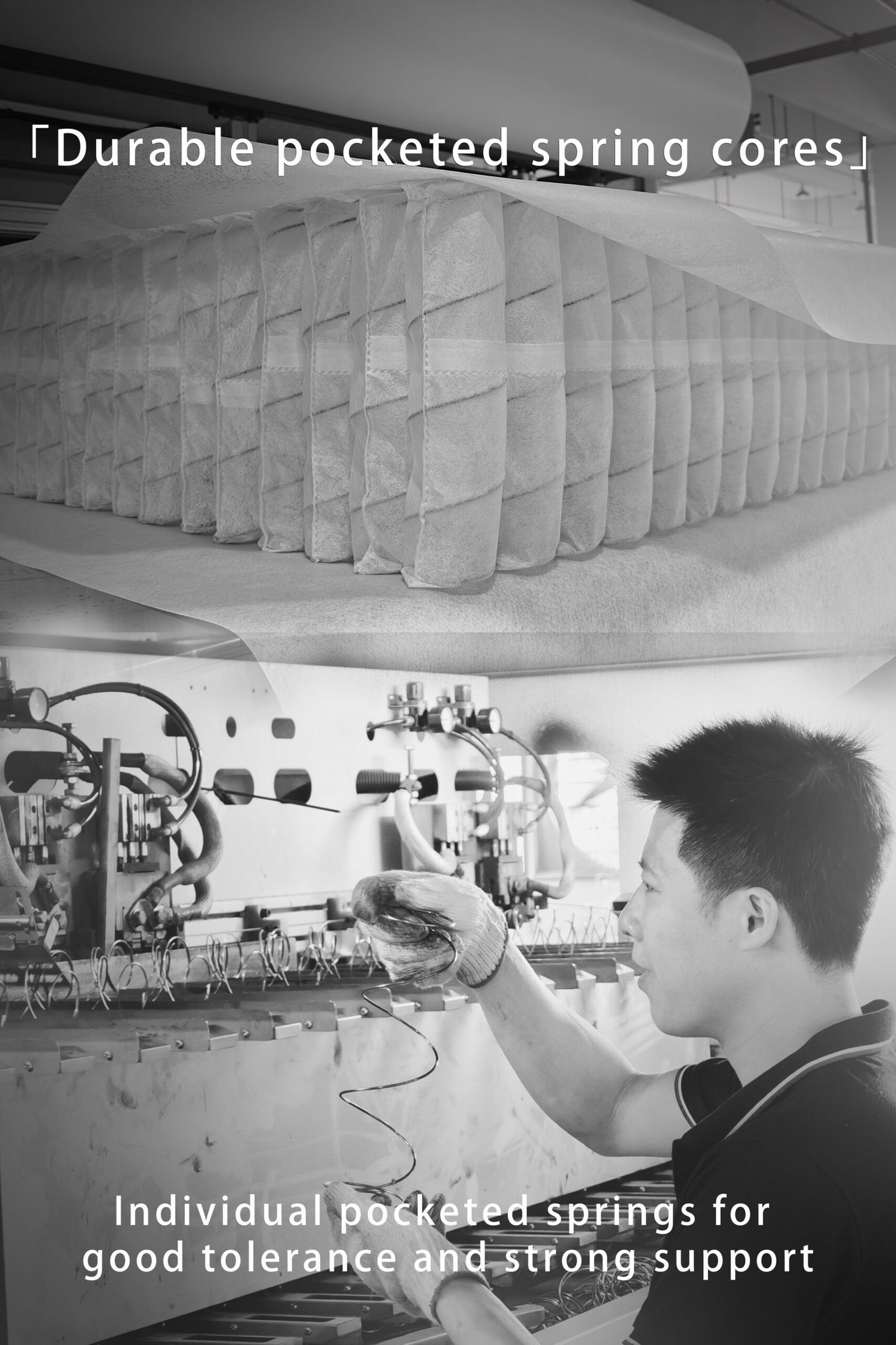
No product is perfect. What matters is how your supplier handles issues.
A solid supplier offers a 1-year+ structural warranty, clear refund terms, and spare part support.
What to confirm:
- How long is the warranty? (Minimum: 12 months)
- Who pays shipping on returns?
- Do they offer spare parts like legs or covers?
- Is there a local repair option?
Ask for this in writing, not just verbal confirmation.
Do they understand sustainability?

Eco-conscious buyers expect more in 2025. If you want to reach those markets, your supplier needs to care.
Reliable suppliers reduce waste, recycle foam, and use FSC wood and water-based glues.
Ask what they've changed in the past 12 months to reduce emissions. If they can’t answer, they’re probably not improving.
Do they have experience in your sales channels?

It’s one thing to make a sofa. It’s another to know how to ship to Amazon FBA, set up GS1 barcodes, or label cartons for Walmart.
A reliable compressed sofa supplier should understand the exact compliance needs of your e-commerce or retail platform.
Whether you're on Shopify, Amazon, TikTok, Alibaba, or Wayfair, they should:
- Offer carton labeling or barcode printing
- Know packaging requirements for warehouse logistics
- Provide lifestyle photos or product videos
This makes product listing and fulfillment faster and easier.
Conclusion
Don’t just pick any supplier—pick the one who’s built to grow with you.